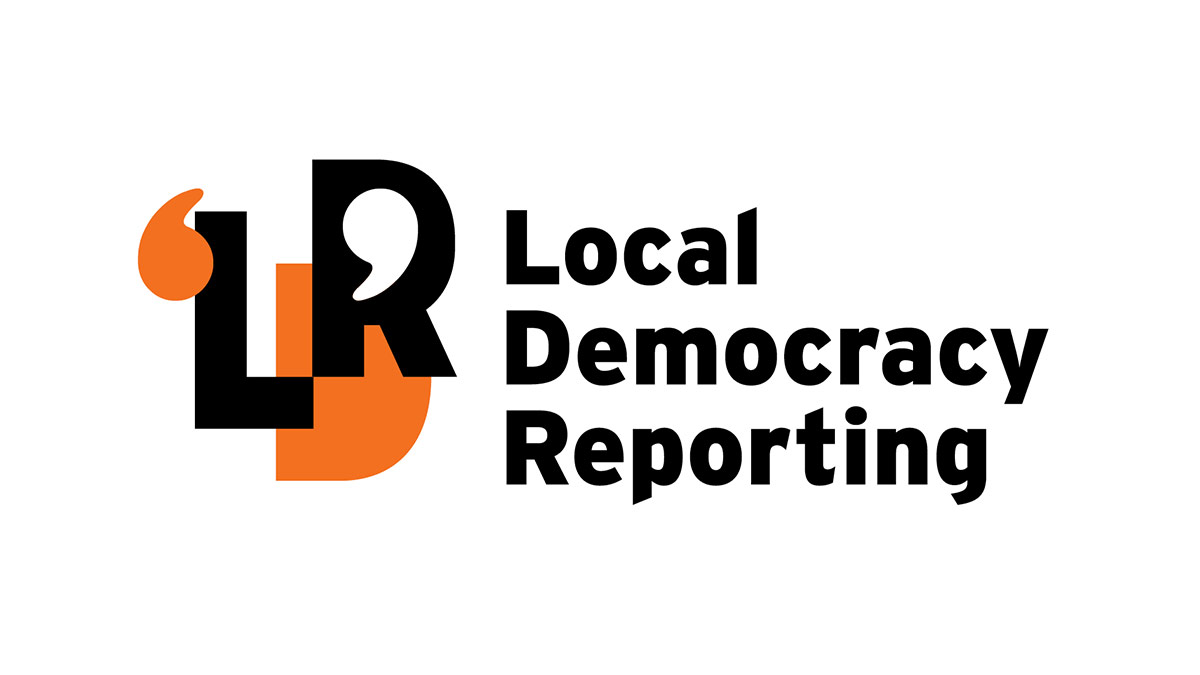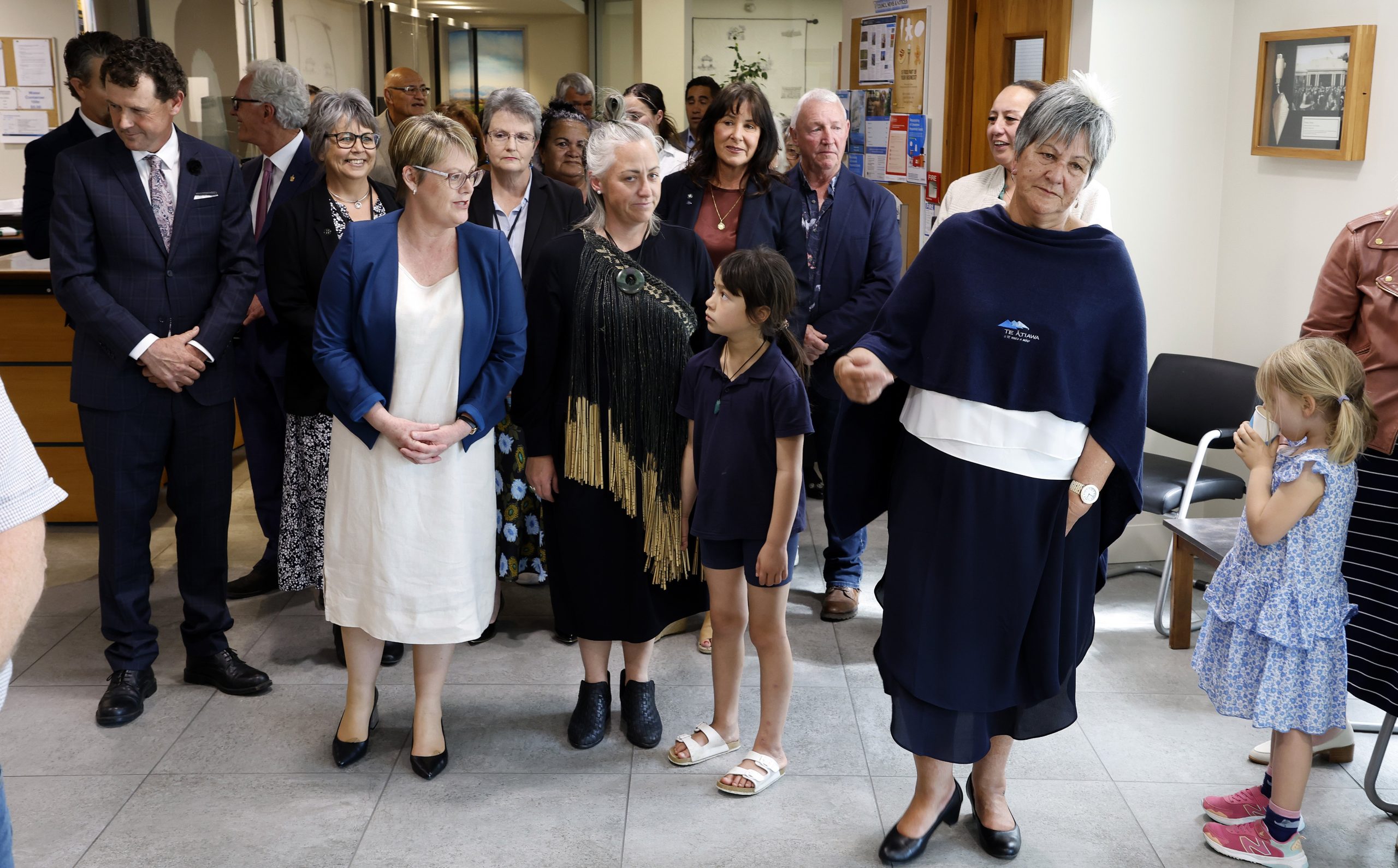Extraordinary meeting on fate of Marlborough Māori ward


Marlborough’s first Māori ward councillor Allanah Burgess, centre, joins councillors being led into the first council meeting of her first term, in 2022. Photo: Marlborough Express/Supplied.
If they do, a referendum will need to be held at the local election in October next year so the public can decide if it wants to continue having a Māori ward.
The Māori ward bill passed its third reading at Parliament in July, which means councils with the ward are now legally required to poll residents, or scrap the ward altogether.
The council has until September 6 to decide on this.
It is holding an extraordinary meeting on Tuesday, September 3 at 1pm to decide whether it will hold a referendum or let the ward be abolished.
The results of the any referendums across the country would be binding and take effect from the 2028 local government term, so the council could still have a Māori ward for the next council term even if the region voted against keeping the ward.
Earlier this month, Kaipara District Council became the first in the country to dump its Māori ward. Police were present at the tense meeting.
But other councils that voted to hold a referendum had voiced frustration with the Government.
In Palmerston North, the council agreed to ask for more information about the implications of refusing to hold a referendum, after the council unanimously voted to hold one.
The only Māori wards in the South Island were in the top of the south. In Tasman, their ward was introduced this term and the seat would start in the next local government term. Nelson had a Māori ward councillor.

Both councils would make a decision on their wards on September 5.
Marlborough’s first Māori ward councillor, Allanah Burgess, had previously said she was disappointed and frustrated at the Government’s decision.
“Their discriminatory treatment of Māori is leading to further division of Māori and non-Māori communities.
“While a referendum may be seen as a democratic process, it is deeply troubling that Māori are being singled out in this manner.
“I will continue to advocate for this seat and our communities – all of them. It has been said before, and I will reiterate now, that what is good for Māori is good for all people.”
Members of the public were invited to attend the extraordinary meeting in the council chambers on Tuesday. The council would also adopt its long-term plan and set the rates rise, which had been delayed.
LDR is local body journalism co-funded by RNZ and NZ On Air.

